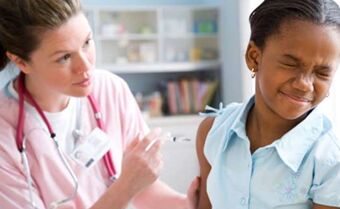这些育儿习惯真的很差劲吗
|
When it comes to figuring out the best parenting tactics, nothing works but the trial-and-error approach and gut instincts. No matter how hard you try, sometimes you may still go wrong. Here are a few expert insights. NOT SO BAD: BUYING NON-ORGANIC FOOD
The American Academy of Pediatrics (AAP) said in 2012 that although opting for organic items has some benefits - including fewer pesticides in organic produce and lower risk of exposure to drug-resistant bacteria from organic meat and dairy - the ultimate goal is to feed your children a healthy variety of fruits and vegetables. If you can't afford to buy everything organic, consider the Environmental Working Group's "dirty dozen." It lists the produce with the most pesticide residue. BAD: NOT BEING STRICT ABOUT BEDTIME "Kids need not only a consistent bedtime, but also a consistent bedtime routine," says Jeffrey Fendrick, MD, a pediatrician at The Children's Hospital of Philadelphia. Although the routine may differ depending on their age, they will benefit from stability. Encourage a period of winding down prior to bed - for little kids it could be a bath and a story, while for older ones, it means turning off the stimulating TV shows or video games. Setting the limits that help them establish good sleep habits. NOT SO BAD: SENDING KIDS TO SCHOOL "A LITTLE BIT" SICK According to pediatricians, the standard rule is don't send your kids to school if they've had a fever of 101 or above in the past 24 hours. "You want to be cautious, but not neurotic," advises Fendrick. Every little cough or sniffle is no reason to stay home. Of course, you do want to make sure your child learns the importance of covering his mouth when he coughs or sneezes, and washes his hands frequently. Other illness, like stomach flu, require staying home until the vomiting or diarrhea cease. In the case of pink eye, don't send your kids outside until they've been on antibiotic eye drops for at least 24 hours, says Fendrick. |









